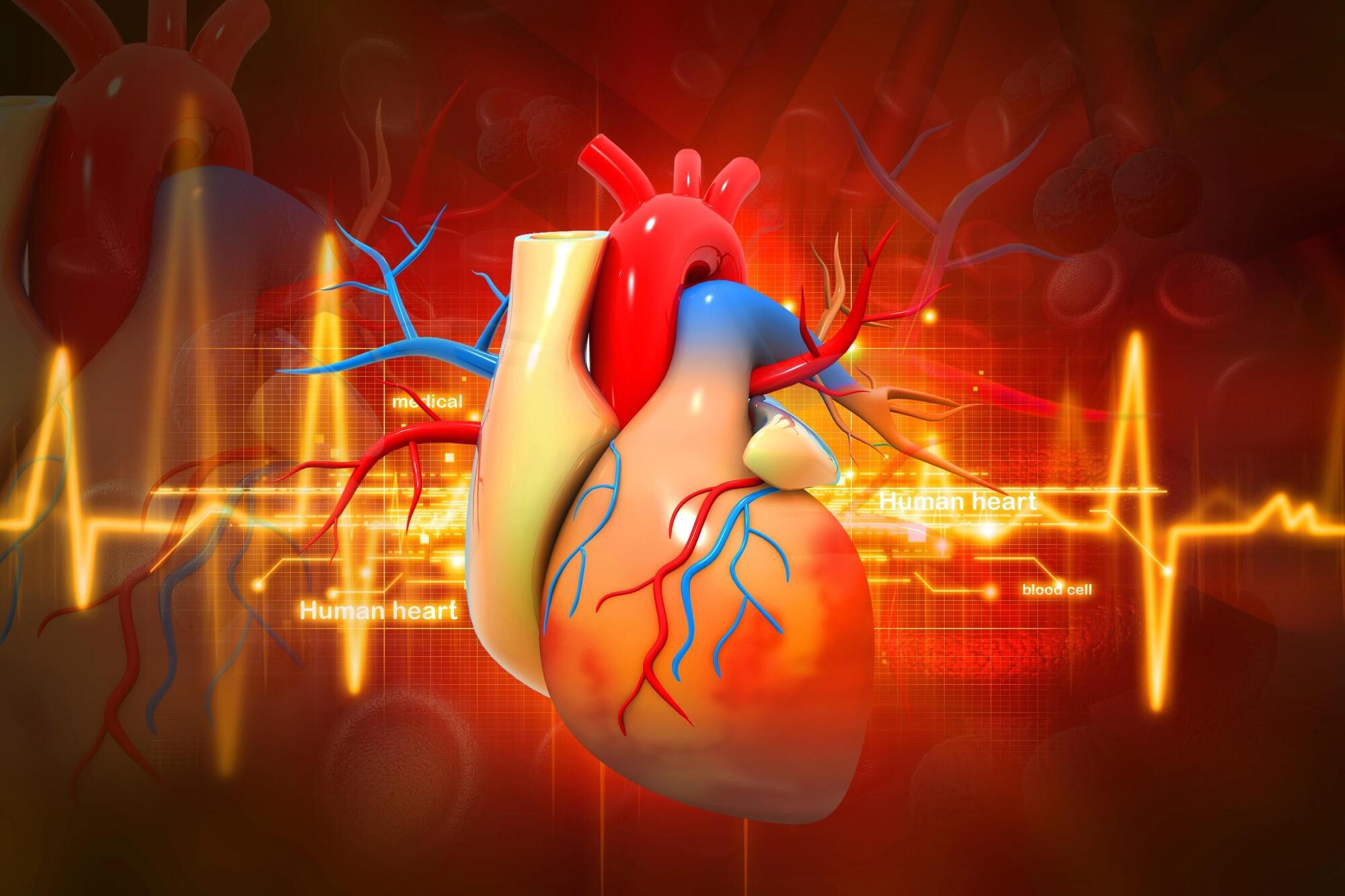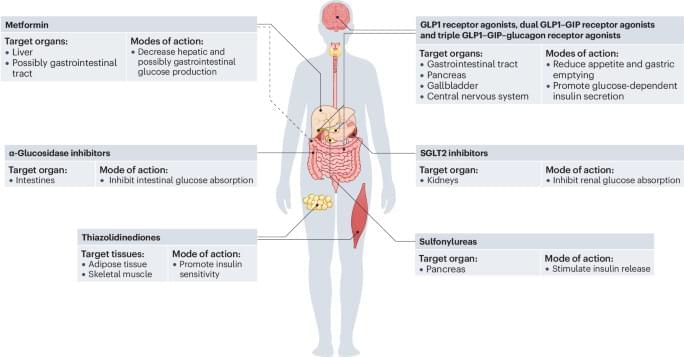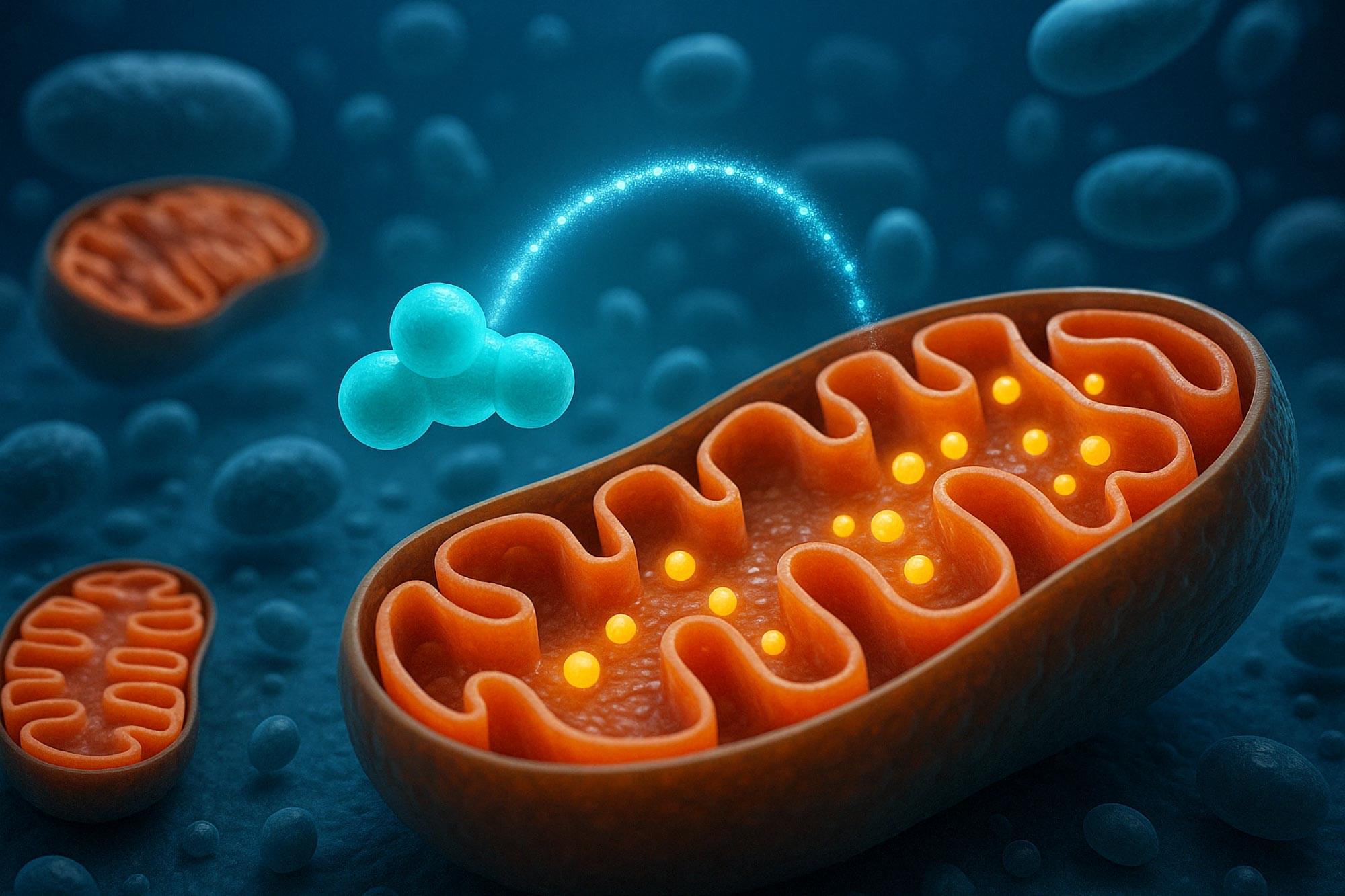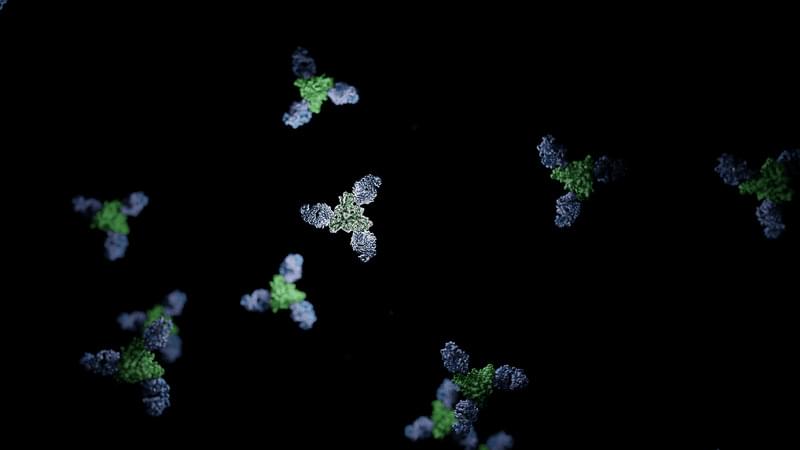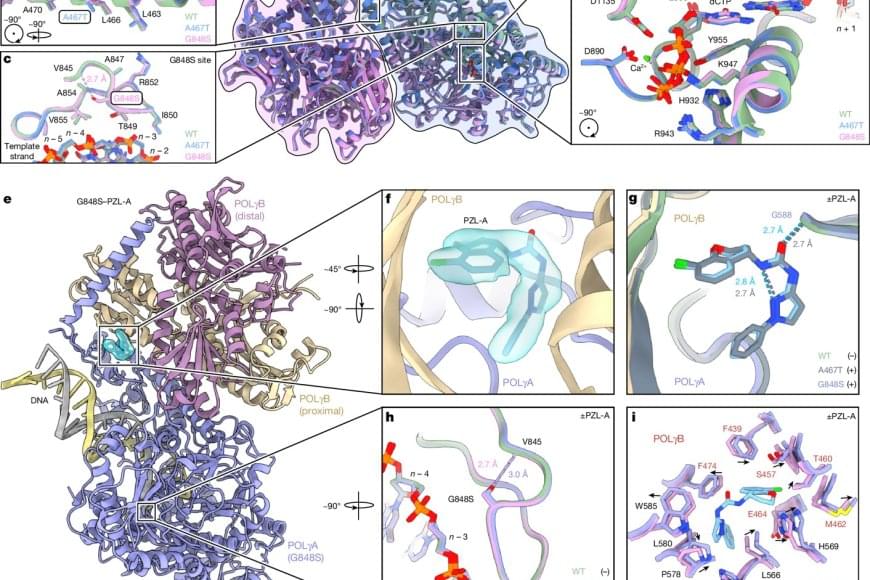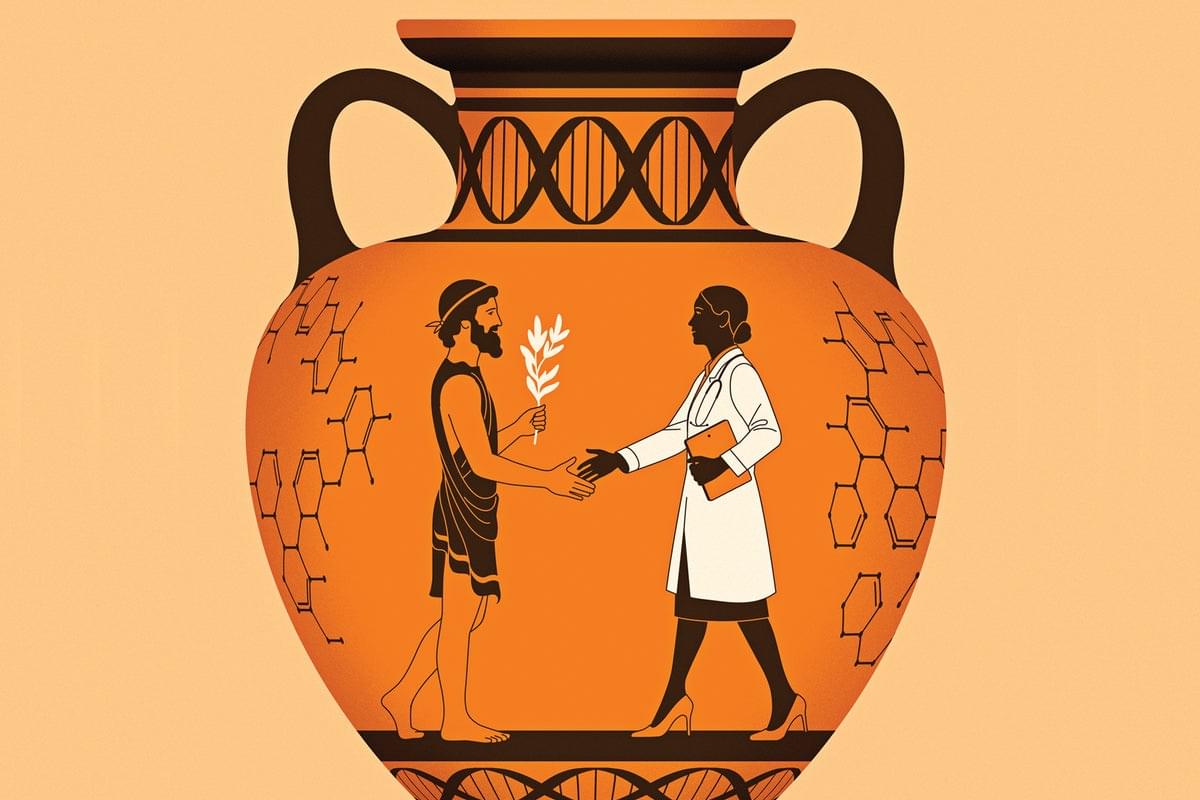For the first time, surgeons have successfully performed a remarkable new heart transplant in which the donor organ never skips a beat in the process, reducing the damage that can occur during such a complex operation. It ushers in a new era of more successful heart transplant surgery.
A team of surgeons at the National Taiwan University Hospital (NTUH) in Taipei undertook the revolutionary operation, during which the donor heart continues beating between the organ removal and transplantation stages. Traditionally, the donor heart would be removed and preserved in cold storage to reduce its workload – during this stage, it’s considered “ischemic time,” or the period during which the organ is cut off from blood supply. This comes with the risk of heart damage and rejection once it’s transplanted into a recipient.
When the heart is deprived of blood, ischemia – a shortage of oxygen – can damage its muscle tissue, or myocardium, reducing function and health once it is transplanted. While an organ set for transplant rarely endures more than a few hours in ischemic time, it can still lead to myocardial damage.
